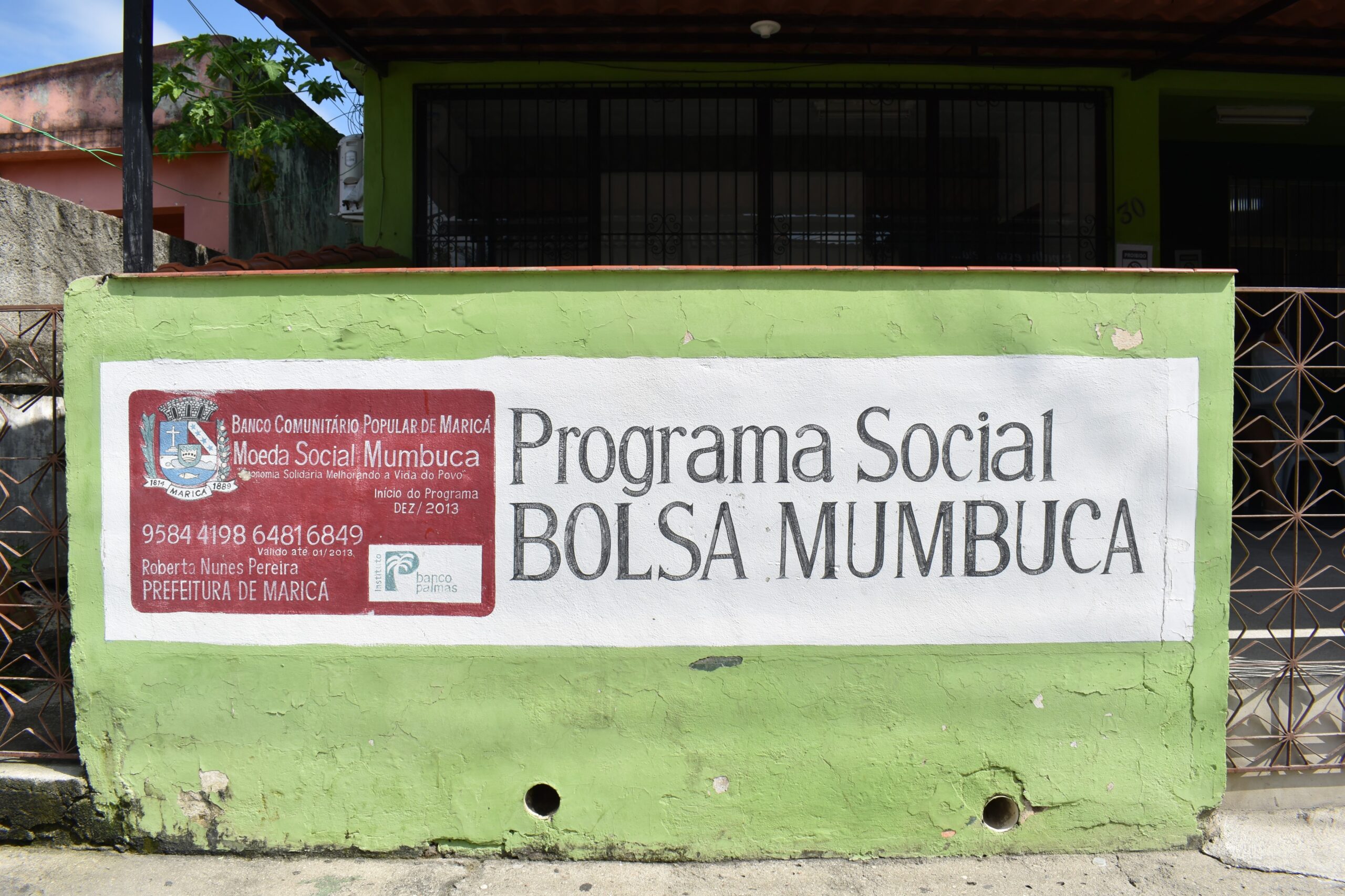Steve Nuñez speaks about the expanded child tax credit on CBS

The expanded child tax credit in the American Rescue Plan is “a lot more generous, fully refundable, and it no longer has a work requirement,” according to JFI lead researcher in guaranteed income Steve Nuñez, who went in depth on the implications of the bill with CBS.
As Nuñez explains, “the reason why they’re interested in reducing child poverty, in addition to child poverty being bad, is that there’s some research that suggests that child poverty costs the U.S. economy, somewhere in the range of 800 billion to $1.1 trillion each year, because of higher crime, because of poor health outcomes for poorer children, and lower income levels, when they grow up. If you believe that estimate is largely correct, then cutting child poverty in half could have an enormous benefit to the economy as well. So not only is it helping children, reducing suffering. But in the U.S., these sorts of programs could pay for themselves.”
Find the video recording and article here.
A second article with more on IRS delays and additional research, also featuring Steve, is here.
Related
HudsonUP Basic Income Pilot releases year four report
Qualitative and quantitative research on how guaranteed income has affected recipients.
Household Responses to Guaranteed Income: Experimental Evidence from Compton, California
Press release: New evidence on GI from a randomized controlled trial.
New Release: First paper from the Maricá Basic Income Evaluation
Diverse impacts of the largest basic income program in Latin America on socioeconomic outcomes; crisis response use-case


